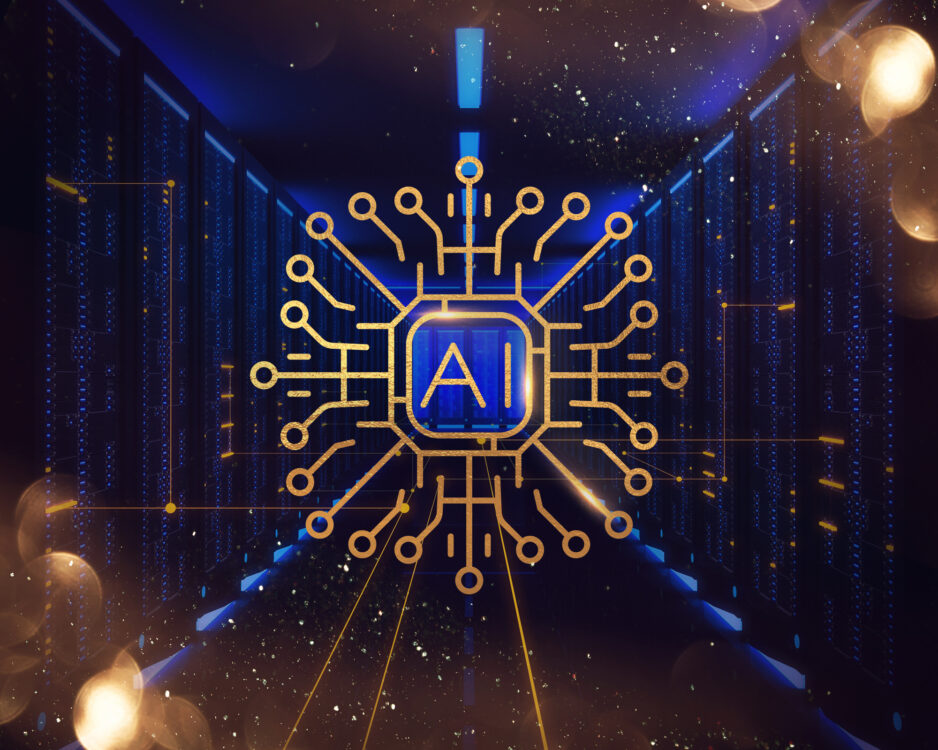What is “intelligence”? Large language models like ChatGPT have showcased an impressive ability to generate human-like responses that appear highly intelligent. The current trend in AI development seems to revolve around creating increasingly larger models, with billions upon billions of parameters, as a path toward achieving general-purpose AI.
However, Yann Lecun, chief AI scientist at Meta and a Turing Award recipient, envisions a radically different future for AI and questions the long-term viability of ChatGPT. In a recent seminar held at Northeastern’s ISEC auditorium this summer, he made a bold prediction: “Five years from now, nobody in their right mind would use [ChatGPT].”
“Five years from now, nobody in their right mind would use [ChatGPT].”
Instead, he foresees the emergence of AI models that exhibit more “human-level” intelligence, possessing the ability to plan, reason, make decisions based on “common sense,” and comprehend the physical world and its properties. He thinks researchers can accomplish this by changing the architecture and structure of AI models instead of just making current designs bigger.
This year, Lecun and his team at Meta introduced a groundbreaking image classification AI model called I-JEPA, which represents the initial steps toward achieving a more “human-like” form of AI. The model employs a predictor network, which serves as an internal rudimentary model of the world, emphasizing high-level image information rather than pixel-level details.
To gain further insight into these claims and to explore the true nature of “intelligence,” I spoke with Northeastern Khoury College of Computer Sciences professor Lawson Wong. He teaches CS4100, Artificial Intelligence, at Northeastern, and his research focuses on autonomous robotics through the use of AI.
The following is a condensed and edited version of the conversation.
In one of your lectures, you touched upon the idea that “intelligence” doesn’t always manifest in ways readily comprehensible by humans, as demonstrated by systems like Google’s AlphaGo. In your view, what constitutes genuine “intelligence,” and how do you evaluate it?
Let’s agree that, in its simplest form, it’s some kind of decision-making agent that has some interface with the environment, and we look at the outputs. Anything that answers “correctly” most of the time exhibits a form of genuine intelligence — artificial or biological, it doesn’t really matter. It’s just about the answers there. I don’t care what’s on the inside, all I care about is the outputs. There are some caveats to what I said there: A lookup table, for instance, is not “intelligent,” but at the same time, some of biological intelligence is hardwired as well. And I can’t discount that it’s not intelligent.
Yann Lecun came to Northeastern this year and made a bold claim: Large language models like ChatGPT are going to become “irrelevant” in the next 5 years. How did you interpret Yann Lecun’s ChatGPT prediction, and do you agree?
I mostly believe it. This type of prediction has been correct for about everything [in AI research]. Everything that is popular in AI has suffered from at least one “winter” in the past few decades. So things like deep learning, reinforcement learning, and neural networks were once shunned by the field, before being hyped and then shunned again. It’s very cyclical. And so, I almost have no doubt that the same applies for language models.
It’s not that [ChatGPT] is not useful — clearly it’s very useful — but almost inevitably, people will read too much into its capabilities. I think humans are hard-wired to find intelligence where there isn’t. It’s not that the thing isn’t intelligent — again going back to the question about its outputs, I think there are clearly some good outputs there. But it is very easy for us to overestimate the capability of certain systems just because we see it doing a few very interesting things. I might be proven wrong about this, and therefore Yann LeCun too, but I think language models clearly make mistakes that most people would not easily make. In that respect, there is something kind of lacking there. So if we were to say that [ChatGPT] will be the end system that will change everything, I think it might be a bit much.
“Humans are hard-wired to find intelligence where there isn’t.”
What is the next step for the future of AI?
One other big problem in AI that everyone understands is important, but no one really knows how to do well, is abstraction. It’s not hard to save all the information in the world, but clearly most of it is irrelevant, stale, or useless. This is essentially what the entire area of representation learning is trying to explore on some level. What should I know about the world, but also what should I choose to forget or ignore? I think getting an AI system to decide that by itself is beyond our current techniques.






